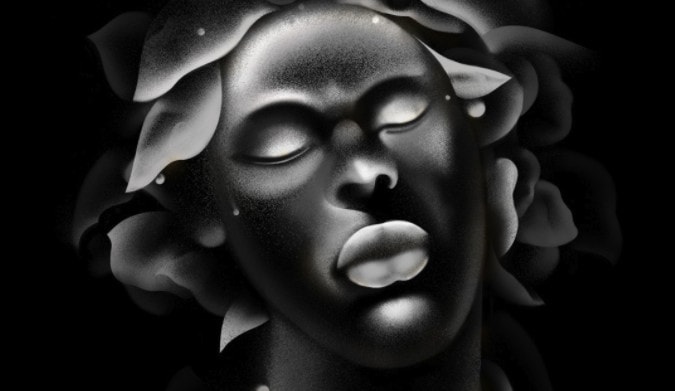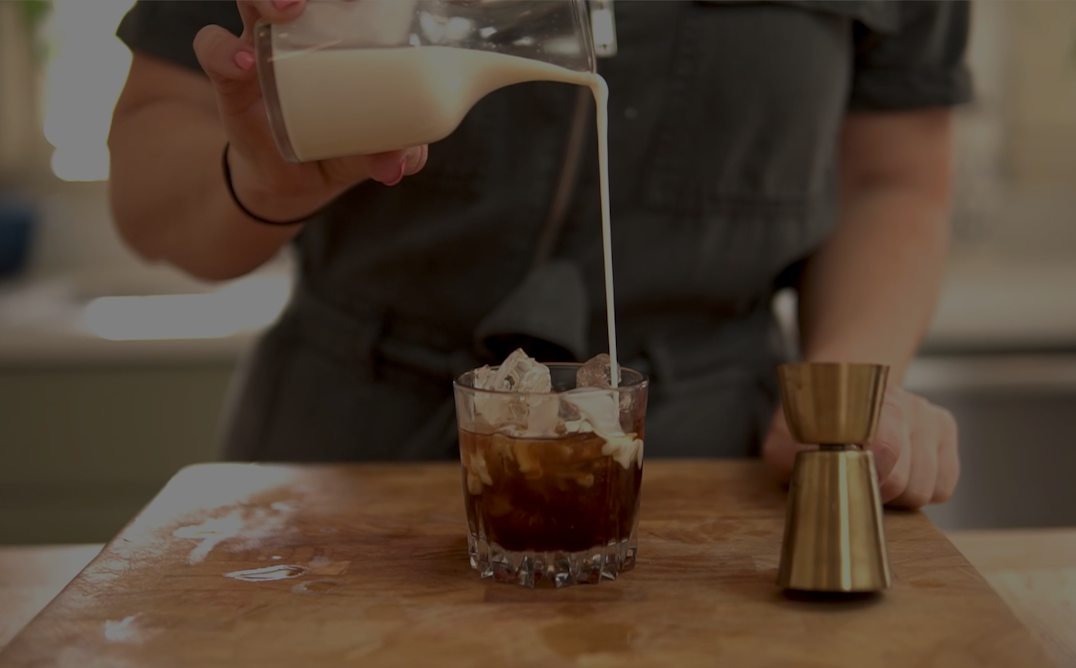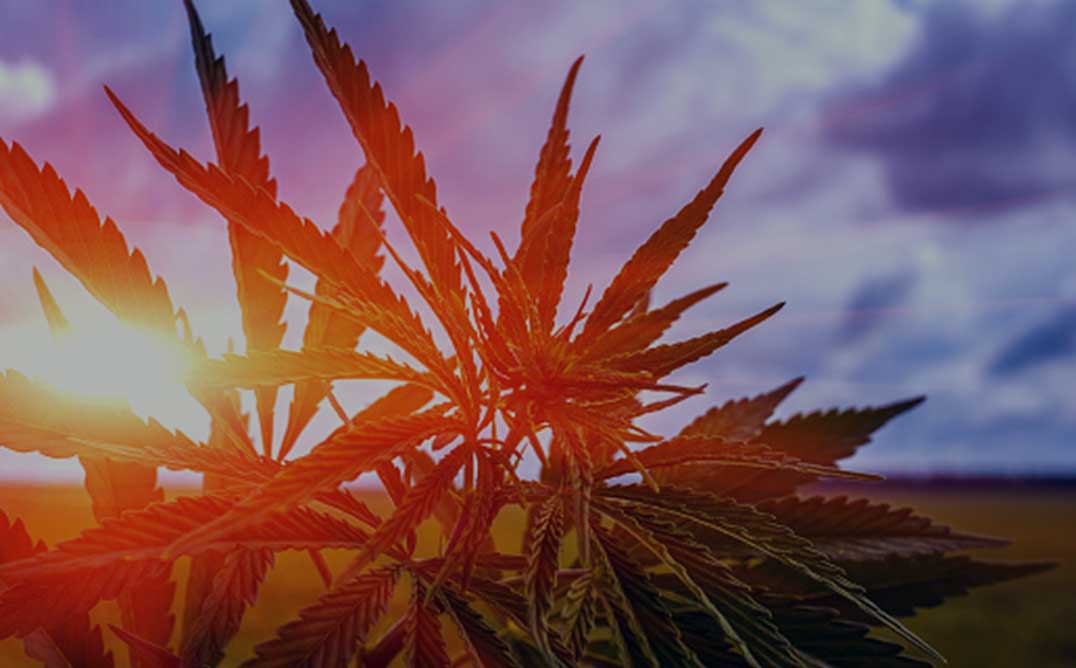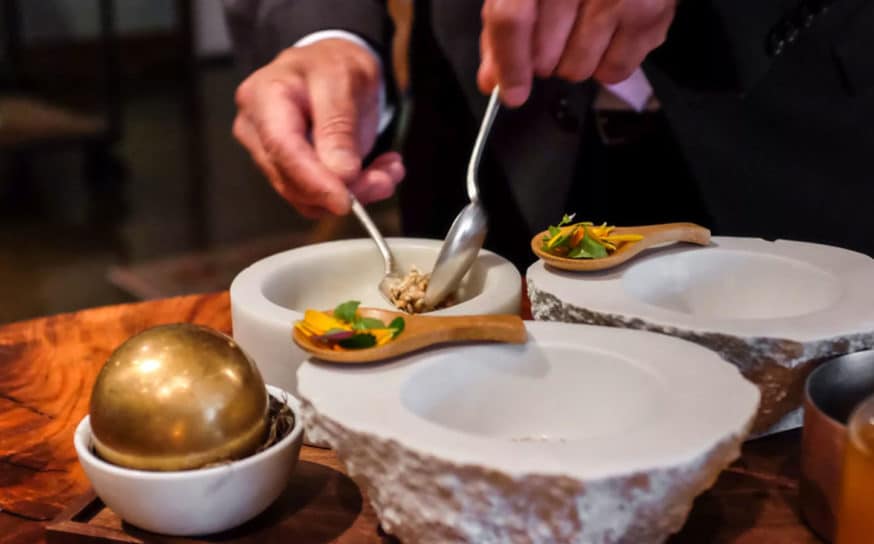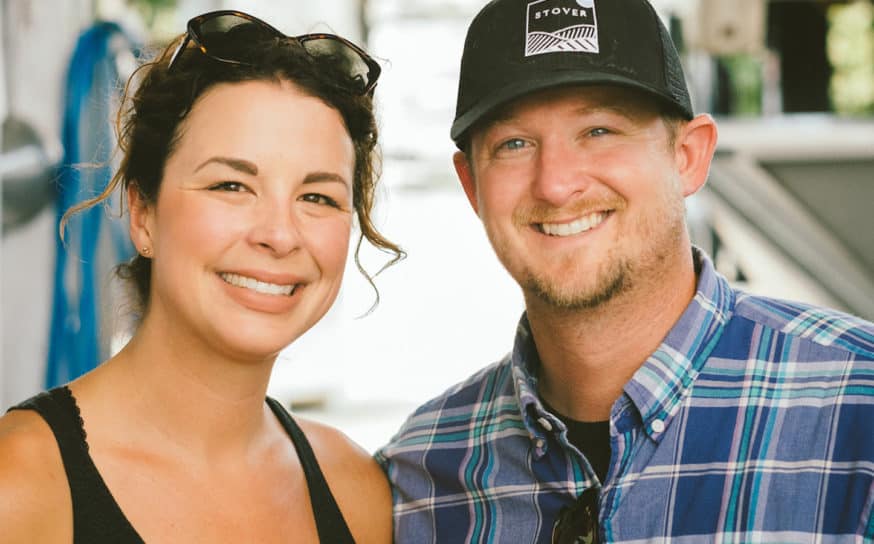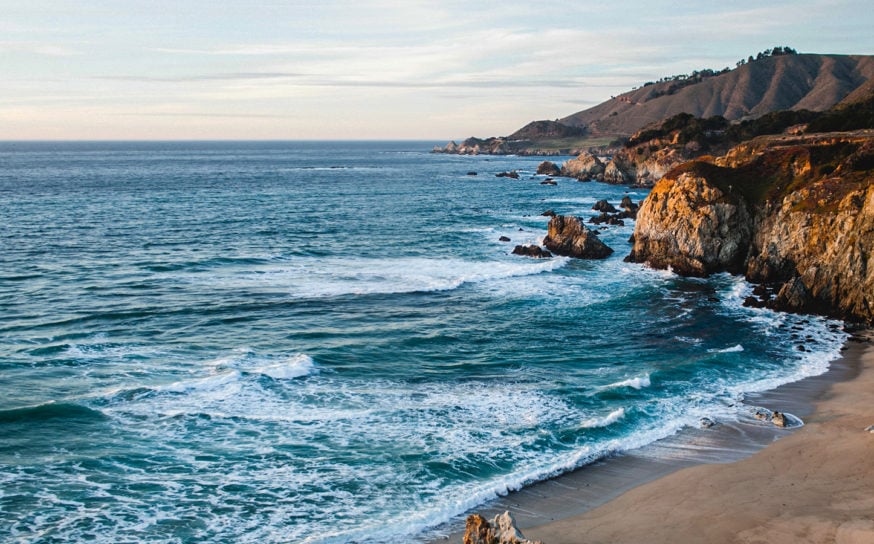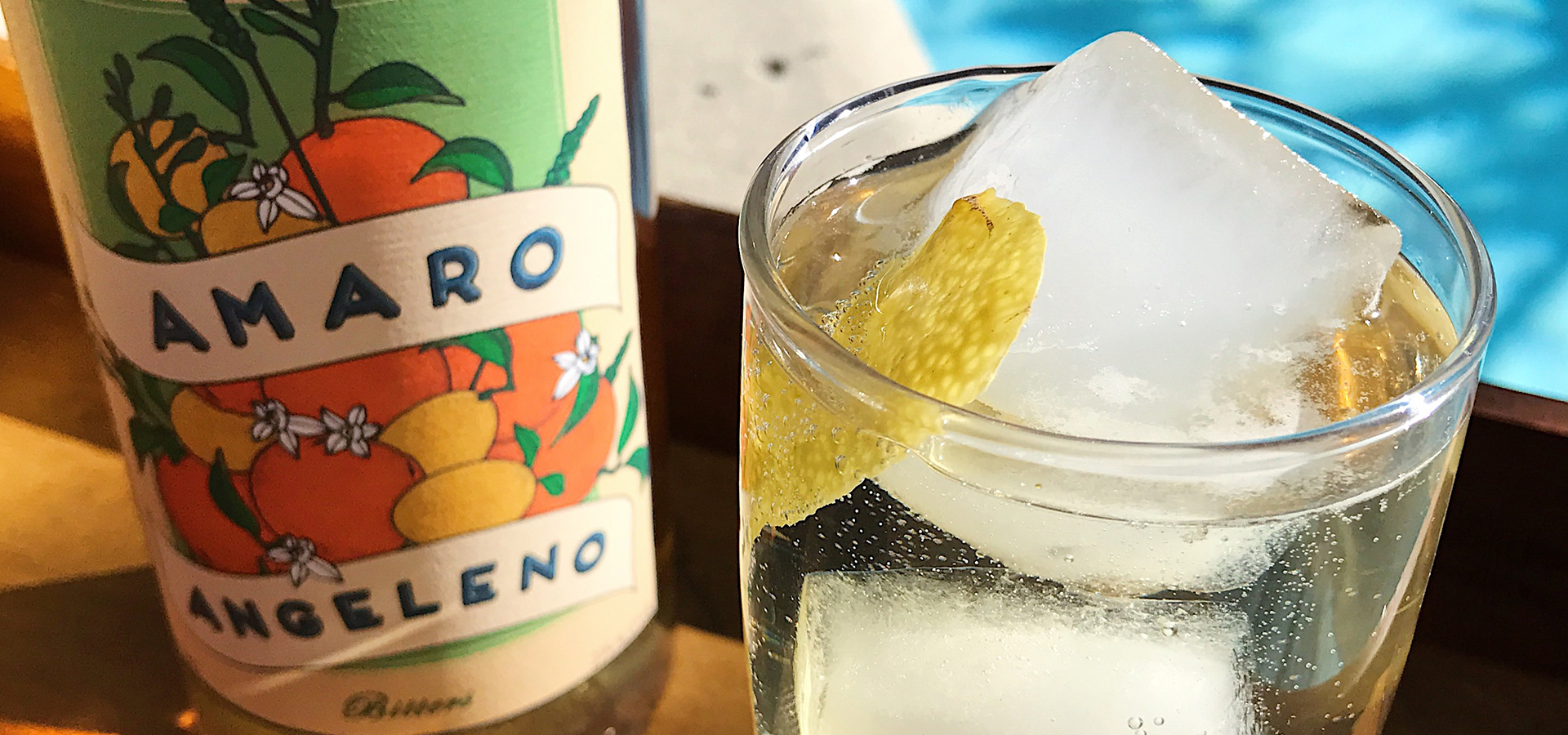
Southern California Company Puts a Spirited Spin on an Italian Tradition
The story of Amaro Angeleno is anything but bitter.
-
CategoryFarm + Table, Makers + Entrepreneurs
-
Interviewed byDarren Elms
Los Angeles-based Amaro Angeleno puts a Southern California spin on an Italian tradition. We caught up with founder Stephen Sakulsky to discuss his passion for the bitter liquor and how they create the perfect bottle.
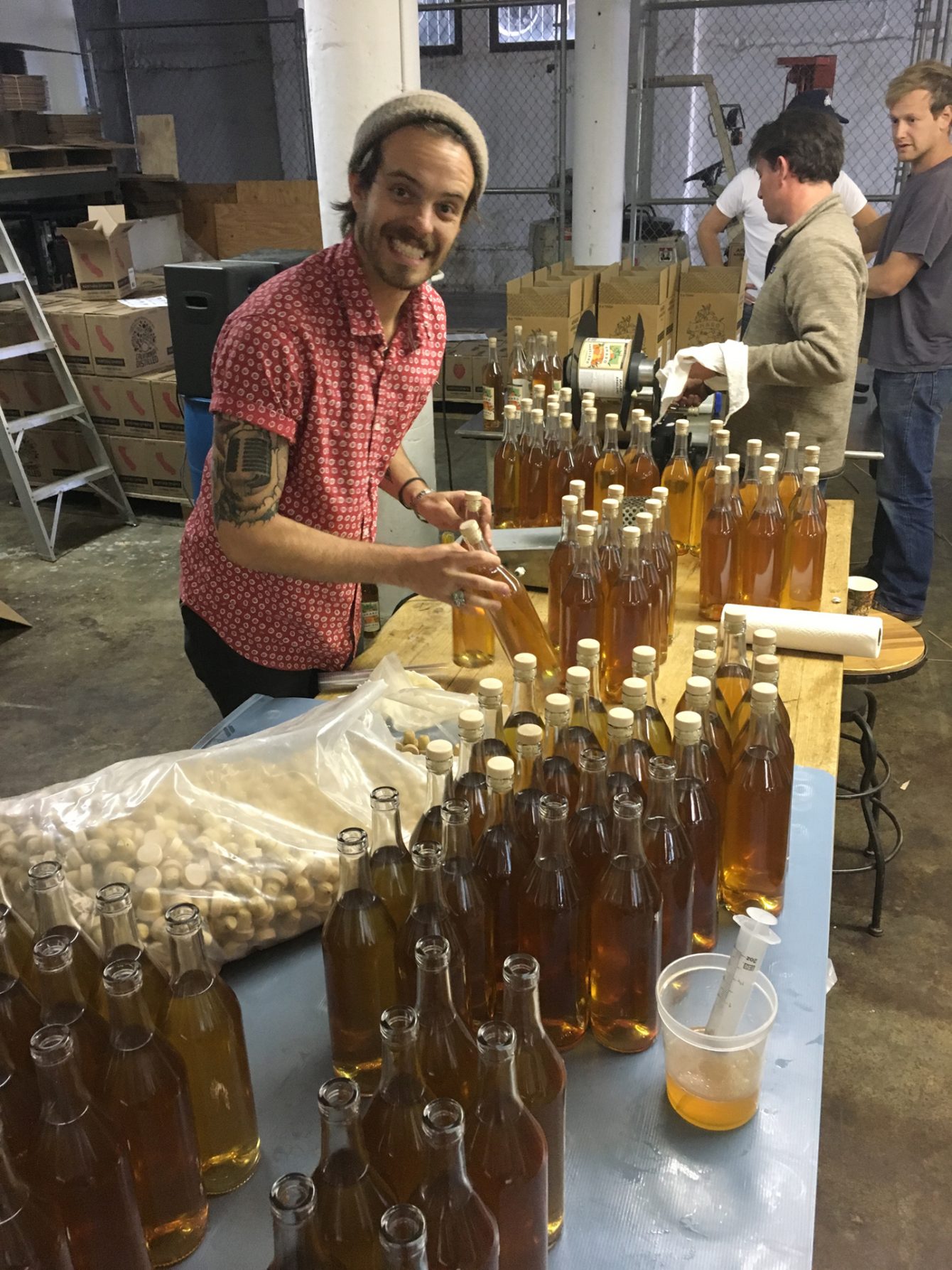
Hey Stephen. Tell us about you and your background before Amaro Angeleno?
Stephen Sakulsky: I am a 3rd generation Angeleno. On my stepfather’s side of the family, they have been in LA for just about a century. I’m also a Loyola High School grad, where the majority of the men in my family have attended as well. I studied Political Science in San Diego and was an avid surfer. Why I don’t surf any more I have no idea … probably what is wrong with me.
I’ve lived a handful of different lives … I suppose all in an effort to find something that would keep me interested while making an income, or just something to make mom proud. To name a few, I started a women’s hand bag company with my ex-wife, ran a bad film studio/record label, but primarily was a documentary photographer for a decade, living all over the world—in Paris, Belgium, India, New York. This, with my up-bringing, helped me hone in on flavors and cultures. Made me understand peoples and customs. However, for the past eight years or so, I have been in hospitality … running, fixing, growing restaurants. Primarily Italian ones, which brought me to amaro.
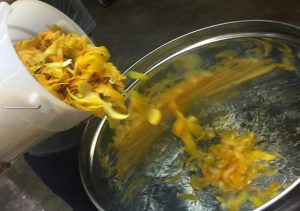
How did the genesis for Amaro Angeleno come about?
SS: After working in hospitality for almost a decade, and primarily Italian restaurants, we would build amari programs. We wouldn’t even taste them before we ordered. We just brought them in to have as many different brands as possible. The idea of these liquors being family recipes passed down and using what grows around them is an idea that runs parallel with the segment of hospitality I am in. It is about locality, family, culture and tradition. It just struck a note with me. All the different bottle shapes and labels. They’re amazing and so unique to amaro. It literally was as easy as asking my business partner, “Why don’t we make one from Southern Cali?” So we did.
Taking the soul of amaro and pairing that with my SoCal family traditions and culture just made sense. And no one was really doing it. That lead to us finding Ventura Spirits, where Anthony, the head distiller, just happened to be a Loyola grad as well, so that was a done deal. One and a half years of R&D and figuring out some bottle necks to large scale production and my partner Wes and I were driving a huge truck full of 1,850 gallons of wine down from Paso Robles to the distillery. I wouldn’t do this again. We did the math wrong and turned out we were a few tons over the load limit of the truck. Let’s just say the SLO incline with burning brakes and careening down in neutral was not fun, but we lived and think that any company with a story like that is bound for success. Once the brakes and our nerves cooled down, we got the juice into the distillery and got to work. Then voila—Angeleno on the shelf.
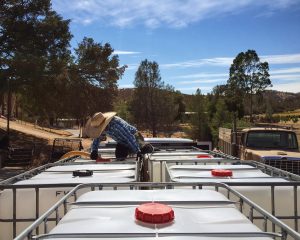
Why did you choose LA to start your business?
SS: It’s where I am and where I am from. Easy.
What’s it like to be a spirits entrepreneur in California?
SS: For now it is pretty cool. I’ve been getting pretty good at all this: life, business, etc. And really it is all about hard work and passion. There is no replacement for it. And in the end business is business no matter what field you’re in. I think your ability to handle crisis is what makes you succeed or fail. I have an 11-month-old son, and besides being the greatest thing in my life, he has taught me a lot from patience to what is truly important. If you chase the money you won’t get to where you want to be. But if you bet on the people, the hard work and the values you will win every time.
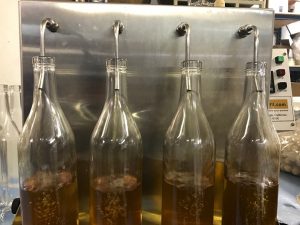
Our little brand is only seven months old but we have made huge strides in this small time frame. I have been asked who is behind us, who is our PR firm, etc. The only answer I have is hard work and I believe in what we are doing. I am extremely lucky to be where I am.
How is the product distinctly Italian and uniquely Californian? And what is the synergy between those two places to you?
SS: Italian because when you taste it, you get it. Its soul is that of a true amaro that represents the place and culture where it is made. It has the bitter finish with the sweet in the beginning. Californian because it is truly representative of our lifestyle and land here. It is lighter, which appeals to a more diverse crowd from the hardcore bartenders to my 75-year-old mother. It is also versatile in the fact that it can be used as an aperitivo in a spritz and as an aid to help settle a stomach after a huge Italian meal. It has a lot of citrus in it because this area was all citrus orchards at one point in time. The label is in the vein of a vintage Californian citrus crate label.
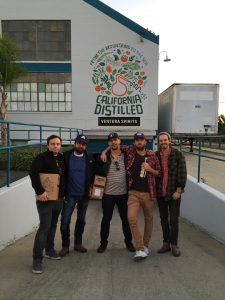
What is Amaro for those who are unfamiliar?
SS: Amaro literally translates into “bitter” in Italian. Amaro is a bitter Italian liquor and there really are no rules here. The base spirit can vary from neutral grain to a grape brandy. What you put in it is a choice, but it should contain bittering roots, herbs, botanicals, spices and maybe some citrus. Most also have some kind of sweetener added—usually sugar or honey. The main thing is that it is bitter. The range is huge from aperitivos like Aperol to the massively herbaceous digestivo Fernet Branca. As I said, I believe the only thing that truly binds the amari together from the North in the mountains to the South in Sicily is that they are all of a place. They are all representative of the land, culture and people from where they are made. That to me is the commonality and beauty of amaro.
What is it best used for?
SS: Depending on the type of amaro they are primarily used as an aperitivo, maybe in a spritz like Aperol or as a digestivo after a huge feast to help aid in digestion. There is actual science to some of the roots and botanicals in amari that truly do aid in digestion. Lately they have gained huge popularity in the craft cocktail world and are used in many cocktails around the globe.
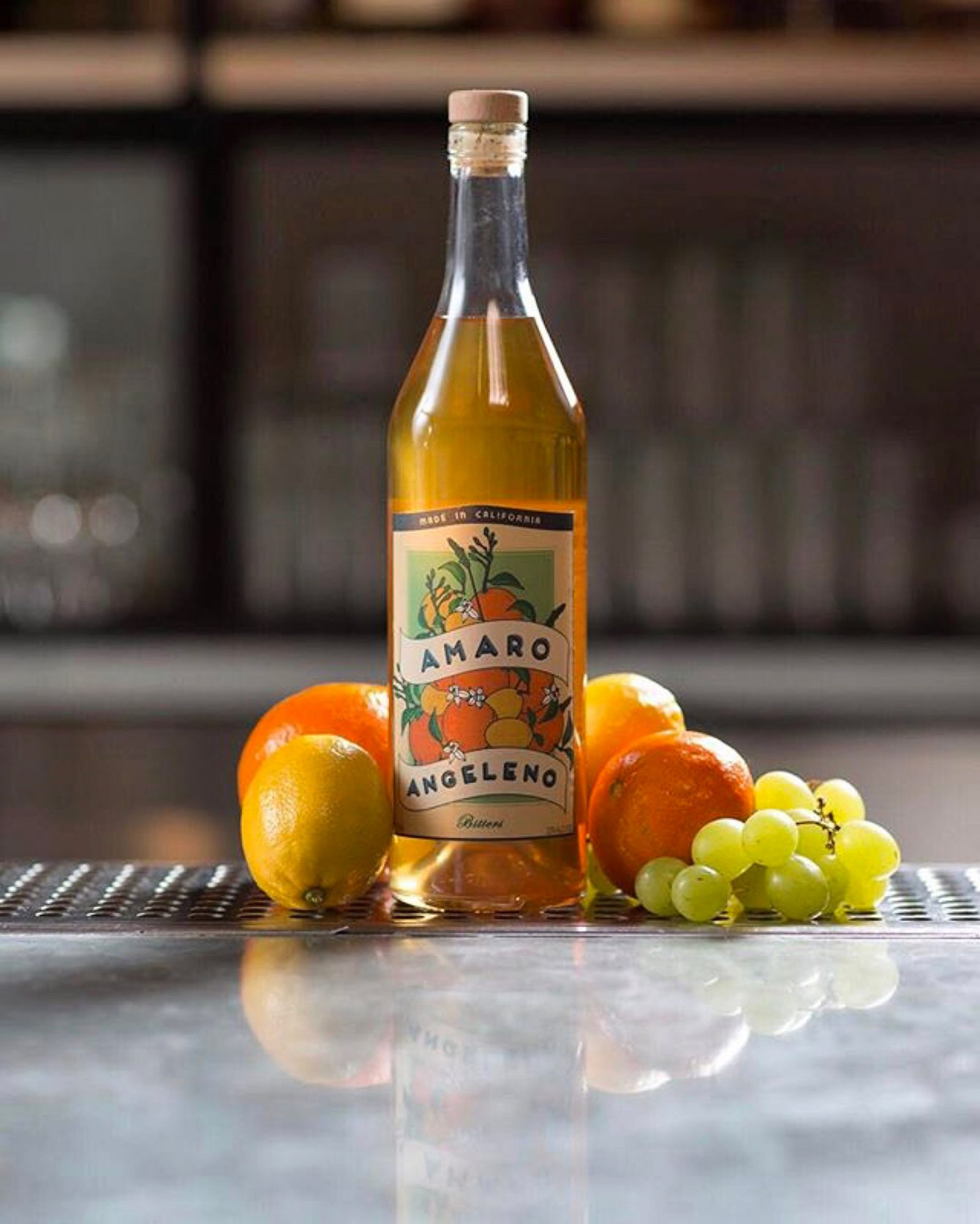
What’s next for you and the business?
SS: For us we want to focus on growing our brand and opening up new markets and distribution into new states. Focus on fundamentals and building a very strong foundation. This will take time and money but we’re in it for the long haul and we’ll get there. Our brand is unique and positioned well for where and what we want it to do.
We are working on more brands based on different regions throughout the United States and a few other “home runs” but I am going to have to let you discover those when they hit the shelves. In the end, nothing would make me prouder to have my son, Wallace, grow up in LA and take over the reins of a true Angeleno product. To carry on the line and start a family tradition just like they have been doing in Italy for centuries.

Hey, Weekend: San Diego
Sunshine, social distancing and Ron Burgundy.



